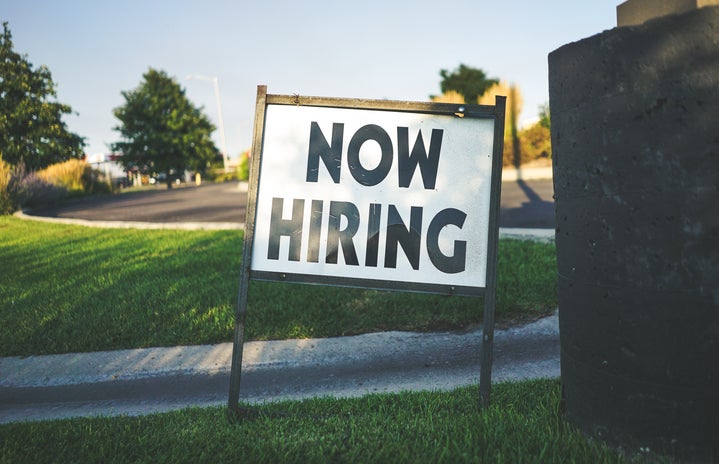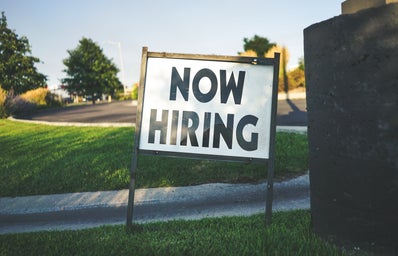Going into your first interview (or any interview for that matter) is one of the scariest, most intimidating experiences for a young, future employee. You want to stand out from the rest of the interviewees, but you don’t want to be so different that you don’t match the description of the job. Finding that happy medium can be quite difficult, especially in a stressful situation like an internship or job interview. While you may want to print your résumé onto pink, scented paper like Elle Woods, there might be some more professional options to make you a memorable candidate for the job.
Personalized Websites
When going into an interview for an internship or job, it is almost obligatory to bring your résumé, a cover letter and your portfolio of past work. With the growth of technology, there are other ways to brand yourself including Linkedin, which has become an innovative tool to organize your skills, achievements and career history. Another great way to brand yourself to employers is building a website that not only showcases examples of your work but also your website designing skills. Try to use an aesthetically-pleasing color scheme or unique graphics to help the employer realize your personal brand. Constructing a website unique and specific to your strengths and skills will help the employer remember you after all interviews have been conducted.
Answering Common Questions
There are just some questions you can expect every employer to ask during a basic interview. Some of these cliché questions can include “Can you tell me a little bit about yourself?” and “What is your dream job?” Since these questions are so commonly asked and pretty broad, it can be hard to formulate a concise, educated answer. The Muse, an online platform that helps boost people’s professional skills, writes about 31 commonly asked interview questions and tips to answer them in the best way possible.
Ask the Right Questions
Asking questions before, during and after your interview is a great way to show the employer you have an interest in the job, showcase your qualifications and learn more about the position to see if it’s the right fit for you. Forbes, an American business magazine, discusses that many interviewees focus so much on answering questions that they overlook asking questions themselves. They list 10 important questions that you can prepare to ask during an interview.
Good Body Language
Body language is the number one form of nonverbal communication which means it’s almost as important as verbal communication. Your appearance, how you sit and even eye contact can say a lot about you and your personality. It doesn’t matter how intelligent and impressive the words you are saying are if you are slouching in your chair and fidgeting, you will look lazy and distracted. Making sure your body language is as prepared as your verbal language is essential to acing your interview. Michael Page, an employment agency, states the do’s and don’ts of body language during an interview.
Follow these steps and don’t forget to be confident. Confidence is key to a great interview because if you believe in yourself, then so will the employer.


